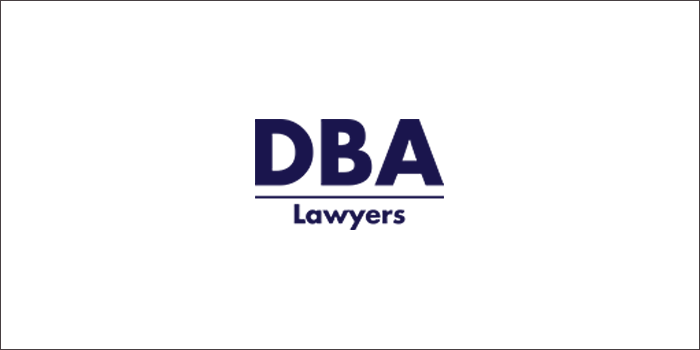
By Gary Chau (gchau@dbalawyers.com.au), Lawyer, and David Oon (doon@dbalawyers.com.au), Senior Associate, DBA Lawyers
A common question we get asked when a client’s self managed superannuation fund (‘SMSF’) is undertaking a limited recourse borrowing arrangements (‘LRBA’) is whether there needs to be a separate bare trustee (usually a company) for each bare trust. The short answer is no. However, it is helpful to also go through the other aspects of LRBAs to give more detailed guidance.






Recent Comments